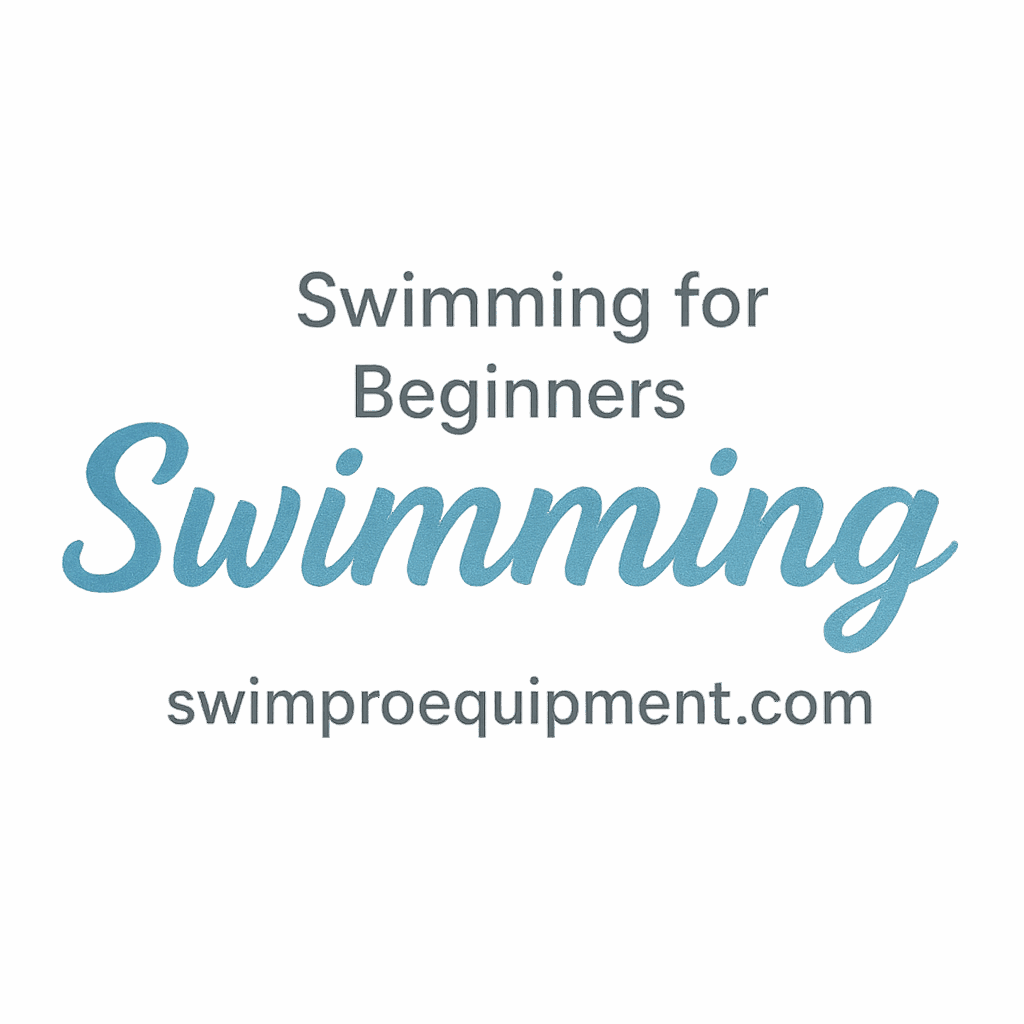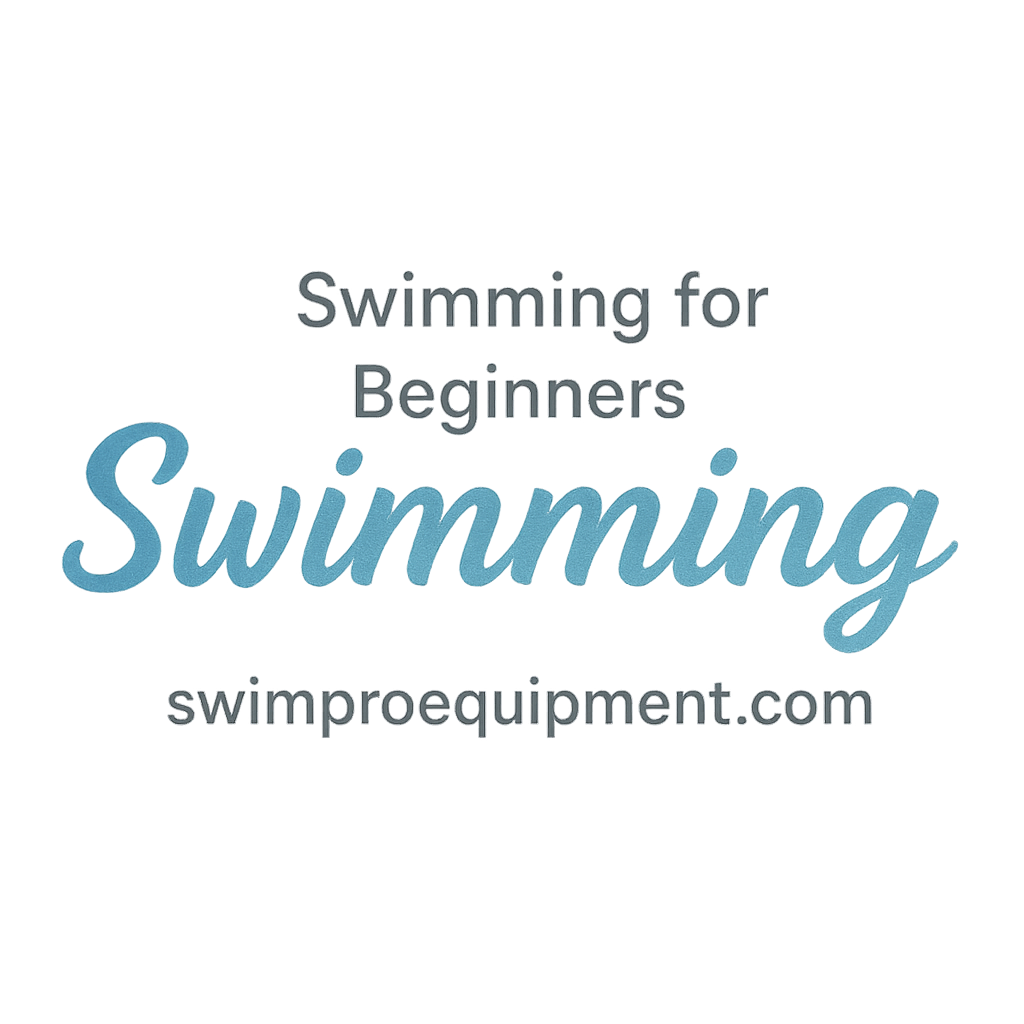Introduction: The Importance of Swimming Guidance
Swimming is one of those sports that can be as easy as gliding through the water or as challenging as navigating a maze. For some, it feels natural, but for others, it can be overwhelming and frustrating. No matter where you fall on the swimming spectrum, it’s important to know when you need help.
A swimming instructor isn’t just for elite athletes—they can be a game-changer for beginners and intermediate swimmers alike. Having someone guide you through the basics, offer tailored feedback, and help with techniques can make a huge difference in your progress. In this article, we’ll explore seven signs that indicate it might be time to seek the help of a swimming instructor.
1. You Struggle to Stay Above Water
Why This Happens
One of the most common signs that you need a swimming instructor’s help is simply struggling to stay above water. If you find yourself constantly treading water, feeling like you’re sinking, or constantly needing breaks, there’s likely a problem with your body position, stroke technique, or endurance.
Inadequate body position or improper stroke techniques can cause your body to sink, making it harder to stay afloat and causing unnecessary exhaustion. When you’re fighting to keep your head above water, it’s not only frustrating—it can also be dangerous.
How a Swimming Instructor Can Help
A swimming instructor can immediately pinpoint why you’re struggling to float or maintain buoyancy. With professional guidance, you’ll learn the proper body position to maximize your natural buoyancy and minimize energy expenditure. Working on your technique will help you glide through the water with minimal effort.
If you’re looking for a more in-depth understanding of swimming techniques, check out our Swimming Basics & Techniques.
2. Your Strokes Are Inefficient or Exhausting
Understanding Swimming Strokes
If you feel winded after just a few laps or notice that you’re exerting way more effort than the average swimmer, it’s time to look into your stroke technique. Whether you’re a beginner or an experienced swimmer, efficiency is key. Poor stroke mechanics can lead to quick fatigue and hinder your overall performance.
Instructor Techniques to Improve Efficiency
A skilled swimming instructor will evaluate your strokes and offer tailored tips to increase your efficiency. Whether it’s refining your arm motion, improving your kick, or adjusting your breathing technique, they will provide personalized drills to help you swim more smoothly and with less energy.
Curious about proper techniques for better performance? You might want to explore Swimming Gear & Equipment to make sure you’re also using the right tools.
3. You Fear Submerging Your Head in Water
Common Causes of Fear
For many, the thought of submerging their head in water brings anxiety. It could be past experiences, a general fear of water, or a lack of confidence in your swimming skills. This fear may hold you back from progressing, and you might find yourself unable to execute key moves, like breathing while swimming or doing certain strokes like the freestyle.
How Swimming Lessons Can Help Overcome Fear
An instructor will gradually introduce you to techniques that help reduce your anxiety. They’ll help you build confidence in submerging your head with the right breathing techniques and water acclimatization exercises. Swimming instructors specialize in making learners feel comfortable in the water, making them the ideal resource for overcoming water-related fears.
For more on overcoming fears while swimming, take a look at Motivation & Progress for Swim Learners.

4. You’re Not Seeing Progress
Tracking Progress on Your Own
We’ve all been there—feeling like we’re stuck in the same place with our swimming abilities. If you’re practicing regularly but don’t seem to be improving, it’s easy to get discouraged. It might feel like you’re putting in the effort but not getting the results you want.
How a Swimming Instructor Tracks and Boosts Your Progress
A swimming instructor will provide you with a structured plan and track your progress over time. They can offer feedback, set specific goals, and tweak your training to keep things fresh. Sometimes, all you need is that external perspective to help you break through a plateau. They also keep track of important metrics like lap time, technique, and stroke efficiency to show measurable improvements.
Interested in tracking your swimming progress more effectively? You might find this article on Tracking Your Swim Workouts helpful.
5. You’re Always Sore After Swimming
The Right Technique vs. Overexertion
Post-swim soreness is common, but if you find yourself consistently sore after swimming, it might be a sign that your technique needs work. Improper form can strain your muscles unnecessarily, leading to aches and even injury over time.
How to Avoid Overuse Injuries
Swimming instructors focus not just on technique but also on injury prevention. They can teach you how to swim with proper form to prevent stress on muscles and joints. Additionally, they can help you build a stronger swimming foundation so that you’re not overexerting yourself with inefficient strokes.
For more information on how to prevent injuries while swimming, check out Injury Prevention Tips.
6. You Don’t Understand Proper Breathing Techniques
The Importance of Breathing While Swimming
Breathing properly while swimming is one of the most important yet challenging skills for many swimmers. Many people find themselves either holding their breath or gasping for air at the wrong time. This can lead to fatigue and make swimming a lot more difficult than it needs to be.
Instructor’s Role in Teaching Breathing Techniques
A swimming instructor will teach you the proper timing and rhythm of breathing. They’ll help you practice breathing exercises that fit naturally into your stroke technique, ensuring you can maintain a steady oxygen flow throughout your swim.
Need help improving your breathing while swimming? Be sure to read more on this topic in our Training Workouts for Beginners.
7. You’re Not Sure What Gear You Need
Essential Swimming Gear
Knowing which swimming gear is essential can be confusing. Should you wear fins, a cap, or a wetsuit? The right gear can make a big difference in your swimming performance, but it’s difficult to figure out exactly what you need.
How an Instructor Can Guide You on Choosing the Right Gear
A professional swimming instructor can guide you in selecting the right equipment based on your needs and swimming style. They’ll recommend the best types of suits, goggles, fins, and other gear to enhance your performance and comfort in the water.
For more details on essential swimming gear, be sure to visit our page on Swimming Gear & Equipment.
Conclusion: Finding the Right Instructor for You
Hiring a swimming instructor is one of the best decisions you can make for your swimming journey. Whether you’re struggling to stay afloat or just need guidance to improve your technique, professional instructors have the experience to provide personalized solutions. Don’t hesitate to seek help when needed. With the right instructor by your side, you’ll be amazed at how quickly you can improve your skills, build confidence, and enjoy swimming to the fullest.
FAQs
- How do I know when I need a swimming instructor?
If you’re struggling to stay afloat, have inefficient strokes, or fear putting your head under water, these are signs you may need an instructor’s guidance. - What if I’m just a beginner?
Instructors can help beginners by teaching essential techniques, improving breathing, and boosting confidence. - Do I need an instructor if I’m already a strong swimmer?
Even advanced swimmers can benefit from an instructor’s tips on improving form, preventing injuries, or refining techniques. - How do I choose the right swimming instructor?
Look for an instructor with experience, good reviews, and a teaching style that fits your learning preferences. - Can a swimming instructor help with anxiety or fear of water?
Yes! Instructors specialize in making swimmers feel comfortable in the water and can help with overcoming fear. - How much do swimming lessons typically cost?
Prices vary depending on location and the instructor’s experience, but you can expect to pay anywhere from $30 to $100 per hour for private lessons. - Will a swimming instructor help me set goals?
Absolutely! An instructor will tailor your lessons to set realistic, measurable goals based on your current skill level and aspirations.


